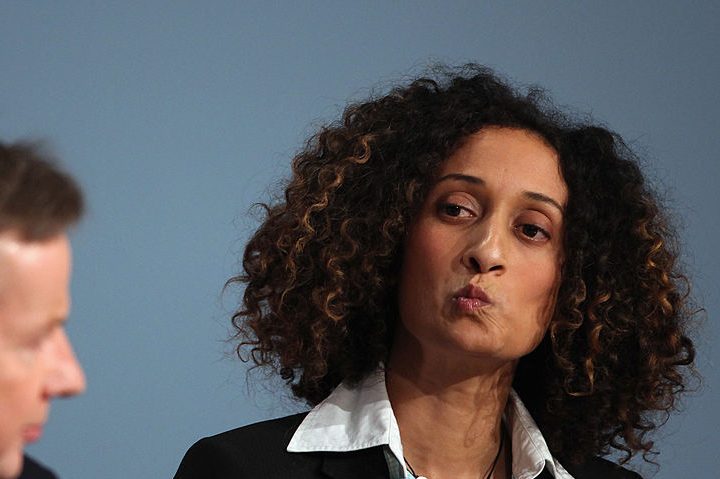Katharine Birbalsingh is back in the papers again. The head teacher at Michaela, a free school whose outstanding academic record and ultra-strict behaviour policy have made it a culture-wars lightning rod, tells the Sunday Times that she and her staff have been getting death threats ever since her board of governors imposed a policy banning any form of prayer on school grounds.
Already a subscriber? Log in
Subscribe for just $2 a week
Try a month of The Spectator Australia absolutely free and without commitment. Not only that but – if you choose to continue – you’ll pay just $2 a week for your first year.
- Unlimited access to spectator.com.au and app
- The weekly edition on the Spectator Australia app
- Spectator podcasts and newsletters
- Full access to spectator.co.uk
Or





















Comments
Don't miss out
Join the conversation with other Spectator Australia readers. Subscribe to leave a comment.
SUBSCRIBEAlready a subscriber? Log in